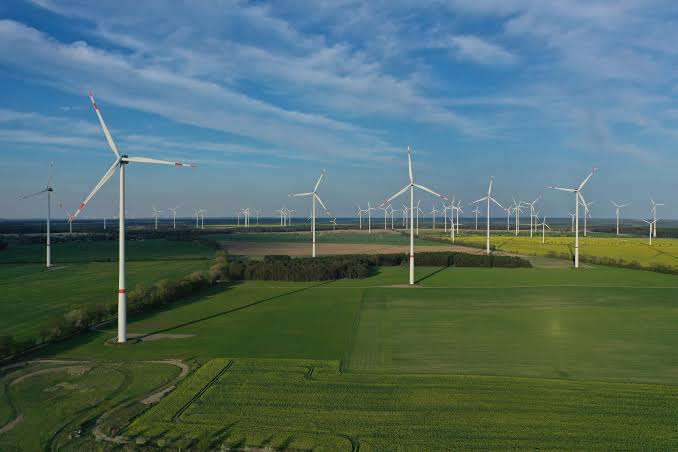Nigeria, Africa’s most populous nation and largest economy is set to receive a major boost in its efforts to achieve universal energy access and combat climate change. The World Bank’s fund for poor countries, the International Development Association (IDA), announced on Friday that it will provide a credit of $750 million for clean energy projects in the country.
The credit will support the Distributed Access through Renewable Energy Scale-up (DARES) project, which aims to provide access to new or improved electricity supplies to more than 17.5 million Nigerians, mostly in rural areas. The project will also help reduce greenhouse gas emissions by avoiding the use of fossil fuels for power generation.
According to the World Bank, more than 85 million people lacked access to electricity in Nigeria as of 2021, with households and businesses reliant on expensive diesel and petrol generators. This situation not only hampers economic development and social welfare but also contributes to air pollution and health problems.
The DARES project will leverage the potential of renewable energy sources, such as solar, wind, hydro, and biomass, to deliver affordable and reliable electricity to communities that are not connected to the national grid or have poor service quality. The project will also support the development of mini-grids and off-grid solutions, such as solar home systems and solar-powered appliances.
The World Bank said that the project will build on the achievements of the Nigeria Electrification Project, which has supported the establishment of 125 mini-grids and the sale of over a million solar home systems, through which more than 5.5 million Nigerians have gained access to electricity.
The project will also benefit from parallel financing of $100 million from the Global Energy Alliance for People and Planet, a new initiative launched at COP26 to accelerate the green energy transition in emerging economies, and $200 million from Japan’s International Cooperation Agency. In addition, the project will mobilize over $1 billion of private capital from local and international investors.
The World Bank’s Country Director for Nigeria, Shubham Chaudhuri, said that the DARES project is a “game-changer” for Nigeria’s energy sector and a “win-win” for the people and the planet.
“By expanding access to clean, modern, and affordable energy services, especially for the poorest and most vulnerable, the project will enhance the productivity and resilience of millions of households and enterprises, create jobs and income opportunities, especially for women and youth, and support Nigeria’s transition to a low-carbon, climate-resilient economy,” he said.
The DARES project is part of the World Bank’s broader support to Nigeria’s energy sector reform and recovery plan, which aims to address the financial, governance, and operational challenges facing the sector and improve its performance and sustainability.
Nigeria’s Minister of Power, Abubakar Aliyu, welcomed the World Bank’s support and said that the government is committed to providing universal energy access to all Nigerians by 2030, in line with the Sustainable Development Goals and the Paris Agreement.
He said that the DARES project will complement the government’s efforts to increase the share of renewable energy in the country’s energy mix, which currently relies heavily on oil and gas. He also expressed hope that the project will inspire more investments and innovations in the renewable energy sector and create a conducive environment for its growth and development.
The DARES project is expected to run for six years and will be implemented by the Rural Electrification Agency, the Nigerian Electricity Regulatory Commission, and the Ministry of Power, in collaboration with state governments, local communities, and private sector partners.
The project is also aligned with the World Bank Group’s Country Partnership Framework for Nigeria, which focuses on promoting human capital development, enhancing digital connectivity, fostering economic transformation and diversification, strengthening governance and institutions, and increasing climate and environmental resilience.
Source: Reuters



